Kavanagh Christmas Trees prepare for Christmas 2018
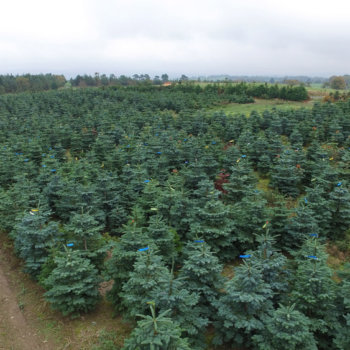
Kavanagh Christmas Trees, currently a third generation producer of Christmas trees from seed, are situated in Newtownmountkennedy in County Wicklow, 900 feet above sea-level; perfectly situated to produce strong, needle retaining Christmas Tree species.
8 November 2018
It’s coming up to that time of year again when Christmas tree growers will be getting ready to prepare their stock for retail deliveries ahead of the busy Christmas period.
We spoke with Christy Kavanagh, owner of Kavanagh Christmas Trees ahead of his busiest time of year about his business.
Types of Trees Sold
At Kavanagh Christmas Trees we grow:
Noble Fir — The needles on a noble fir turn upward, exposing the lower branches. Known for its beauty, the Noble Fir has a long keep ability, and its stiff branches make it a good tree for heavy ornaments. It is an excellent needle retaining species with a pleasant aroma.
Nordmann Fir — Nordmann Fir is a good needle retaining species with good shape and soft foliage.
Korean Fir — A beautiful, full, conical shaped tree with purple cones and white buds. This is the best needle retaining species available to purchase and has a pleasant aroma from the foliage.
Lasiocarpa Fir trees and Frasier trees.
When preparing their trees for delivery, the Kavanagh Christmas Trees team cut the tree and let it lie on the ground for three to four days to let the ethylene gas escape, they then net the tree, followed by palletising. This process begins in mid-November and it lasts until mid-December.
Care Tips for Retailers
The Irish Christmas Tree Growers association, of which Kavanagh is the chairman of, provided the following advice for garden centres, and retailers taking deliveries of Christmas trees this year.
“Christmas trees will often arrive netted and compressed on pallets. This aids handling and transportation and protects the trees in transit.
“Growers will aim to net and palletise the trees just before they are dispatched. On delivery they must be removed from the pallets as soon as possible (care should be taken as the trees are under compression). If trees are left stored in pallets they can degrade rapidly. Pallets are for transportation and not storage.
“Trees should be stored upright, preferably out of their nets and in a sheltered spot. Wind can cause the trees to dry out more quickly.
“Retailers are encouraged to provide tree care advise to their customers. Key is the use of a stand that allows the tree to be watered and to avoid sources of heat such as fires and radiators.
“A tree only begins to degrade when it goes indoors, kept outdoors in December a tree will remain fresh through to the end of January. Selling cut trees in November, and expecting them to be in an immaculate condition come the new year, is fraught if they are not cared for properly.
“Consider arranging a split delivery allowing you to have trees for sale that are only recently harvested.”
Combining B2B and B2C
Kavanagh Christmas Trees combine both wholesale and retail sales avenues. Garden centres and other retailers can request pricelists from Kavanagh Christmas Trees but the individual consumer has several options for how they can purchase their Christmas tree.
Over the Halloween period Kavanagh Christmas Trees offer their customers a “Select” and “Collect” service for December 1st. Kavanagh’s retail shop will open at Leopardstown Racecourse on Saturday, November 24 and will run until December 20; together with their farm shop which is open everyday from 10am to 6pm.
If an individual customer is unable to visit one of Kavanagh’s retail outlets, they can order their Christmas tree online, together with the option to have their Christmas tree delivered, erected, and then collected and recycled after the Christmas celebrations are over.
Making these options available to individual customers has amounted to 8% of Kavanagh Christmas Trees’ business going direct to consumer.
“The conifer that we produce removes a lot of carbon from the atmosphere and releases oxygen, so consumers have a choice between “oil” or “soil”, i.e. plastic (non-renewable resource) or real (beneficial to the environment).”



 Print
Print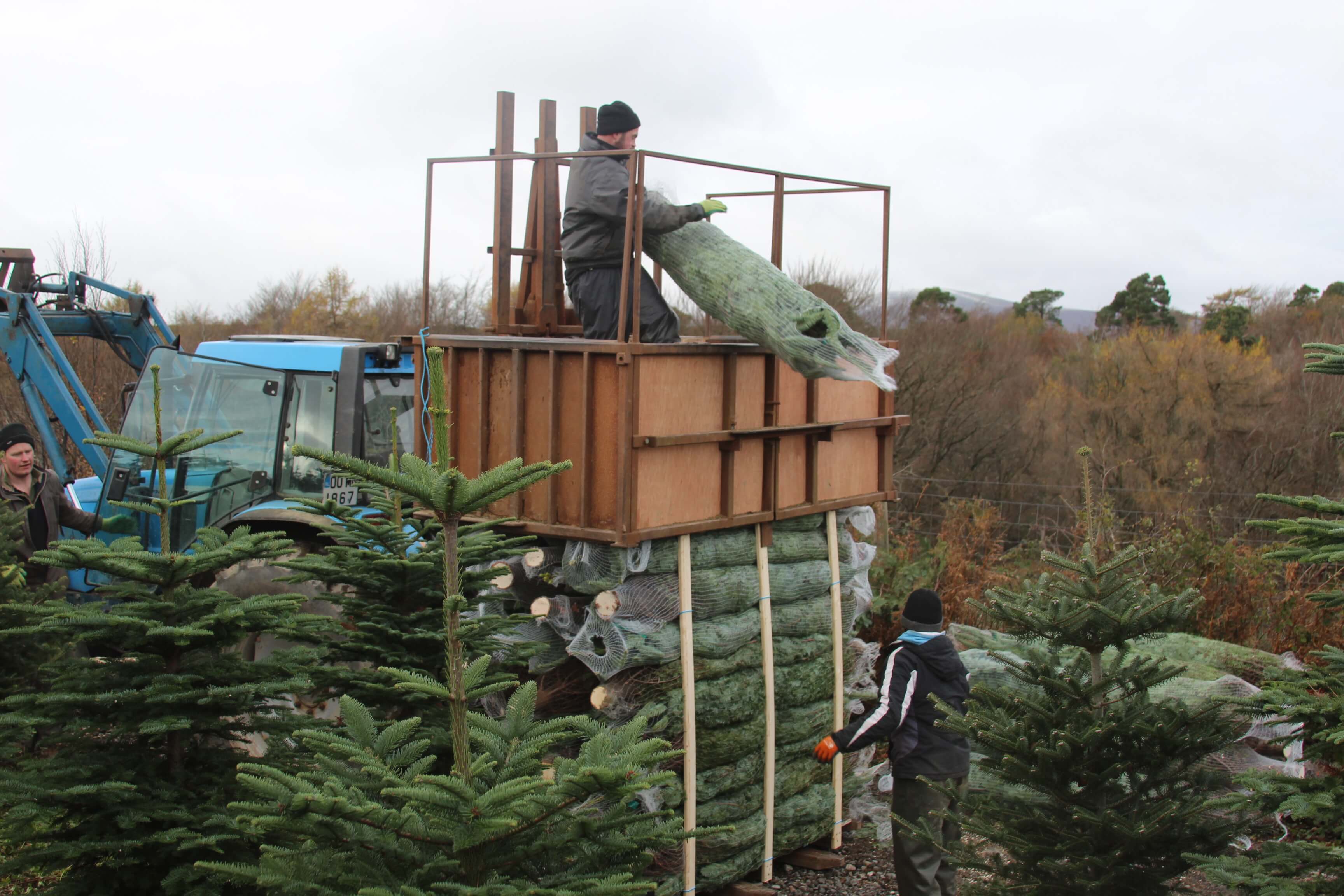
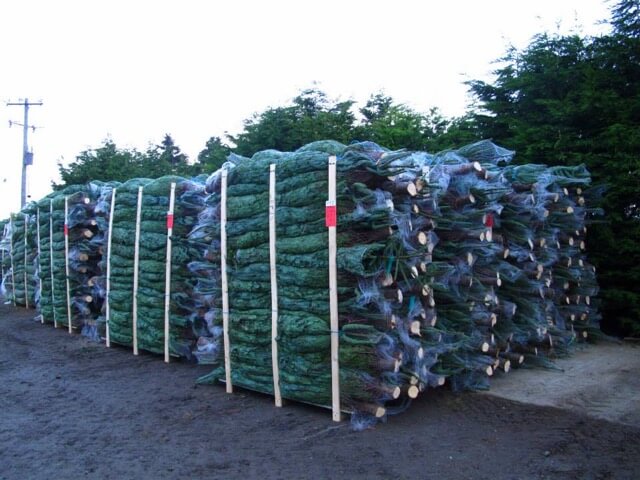
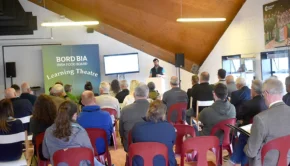
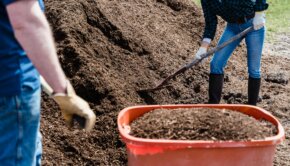




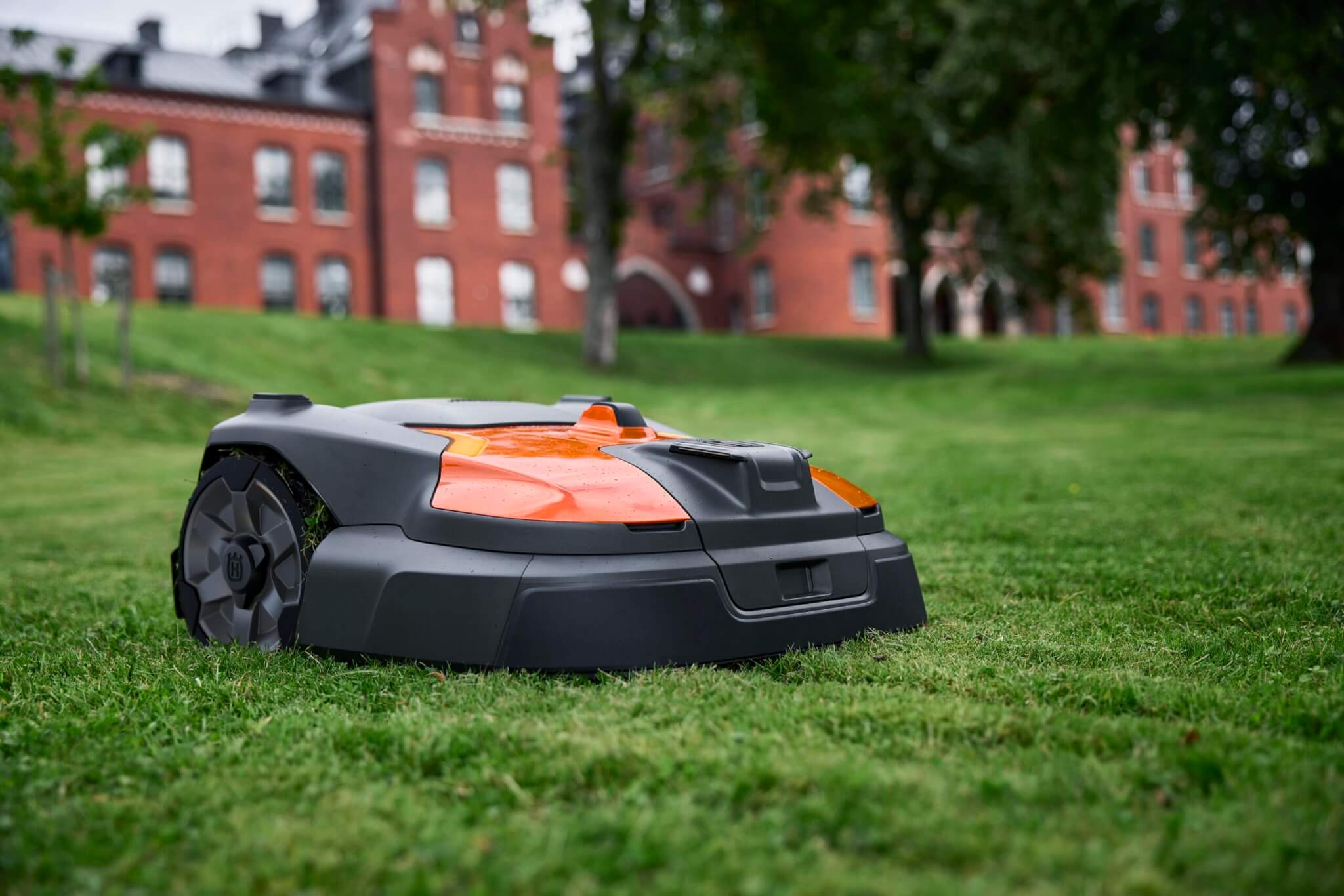
Fans 0
Followers